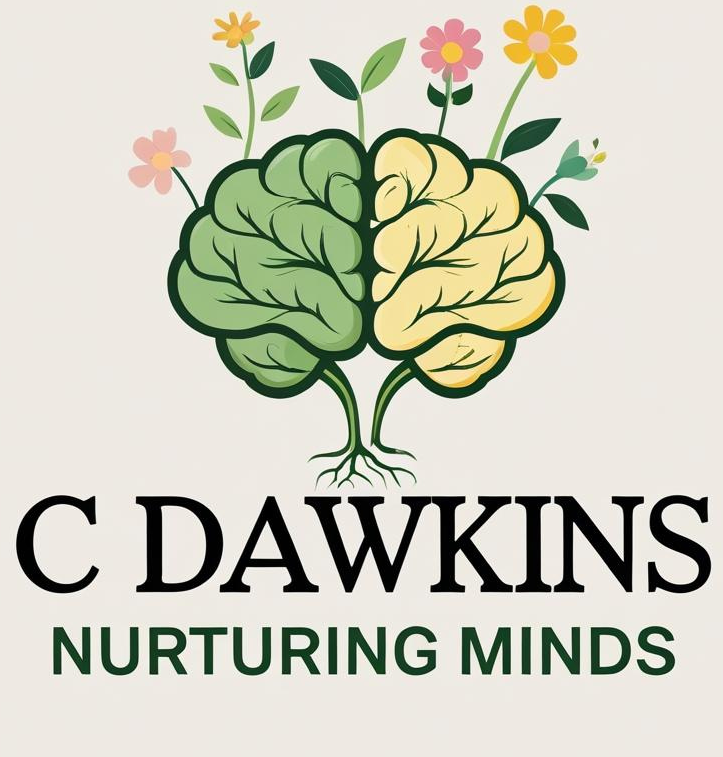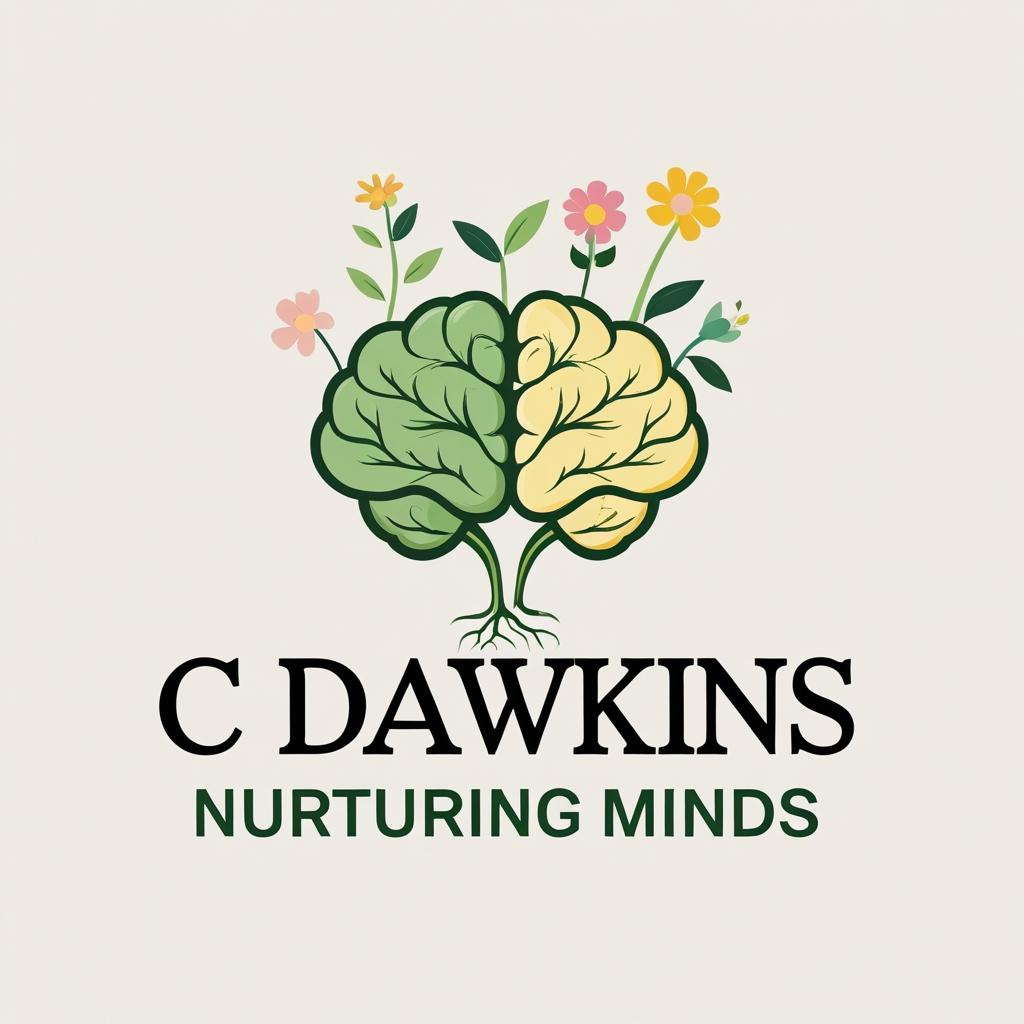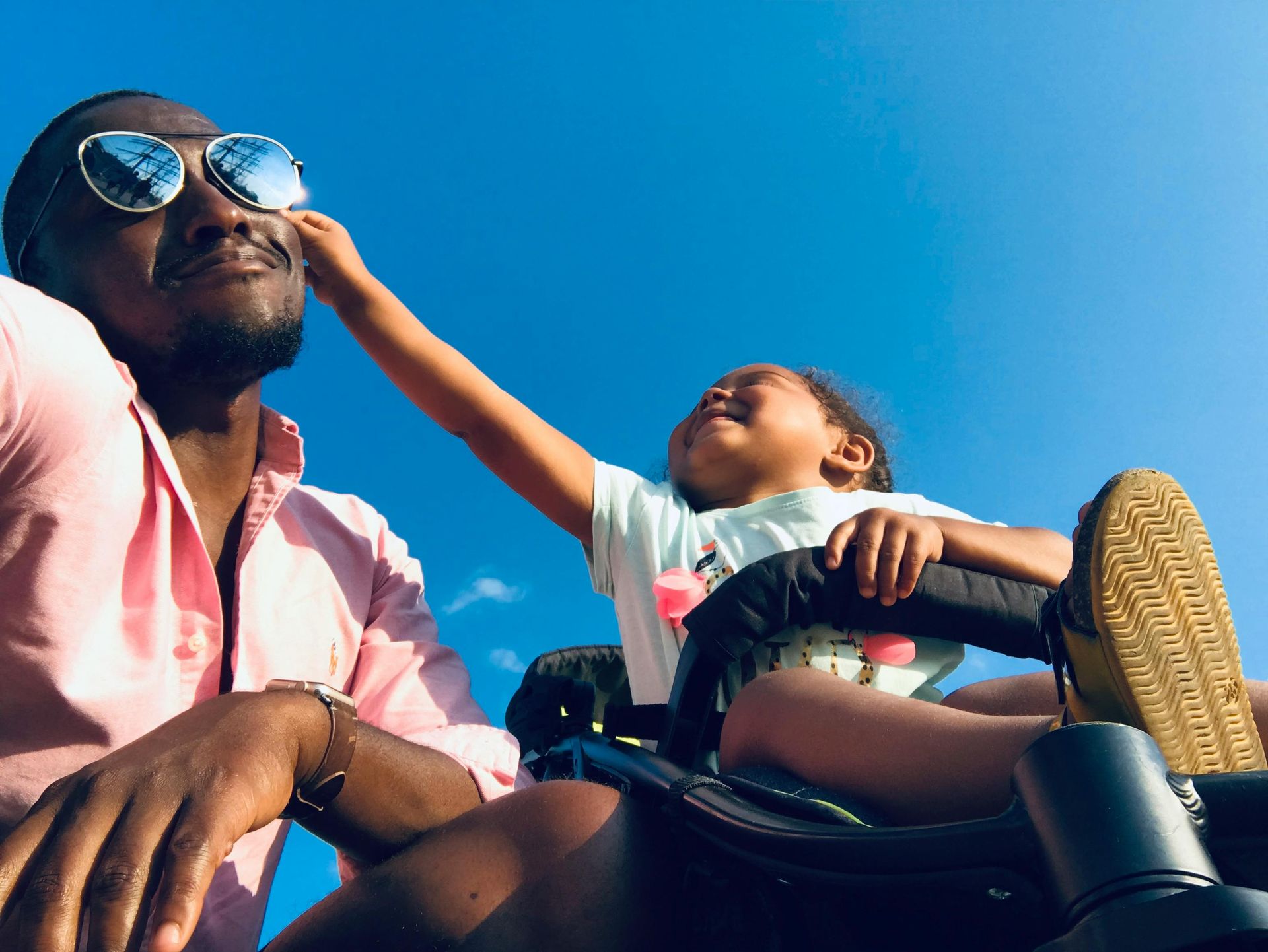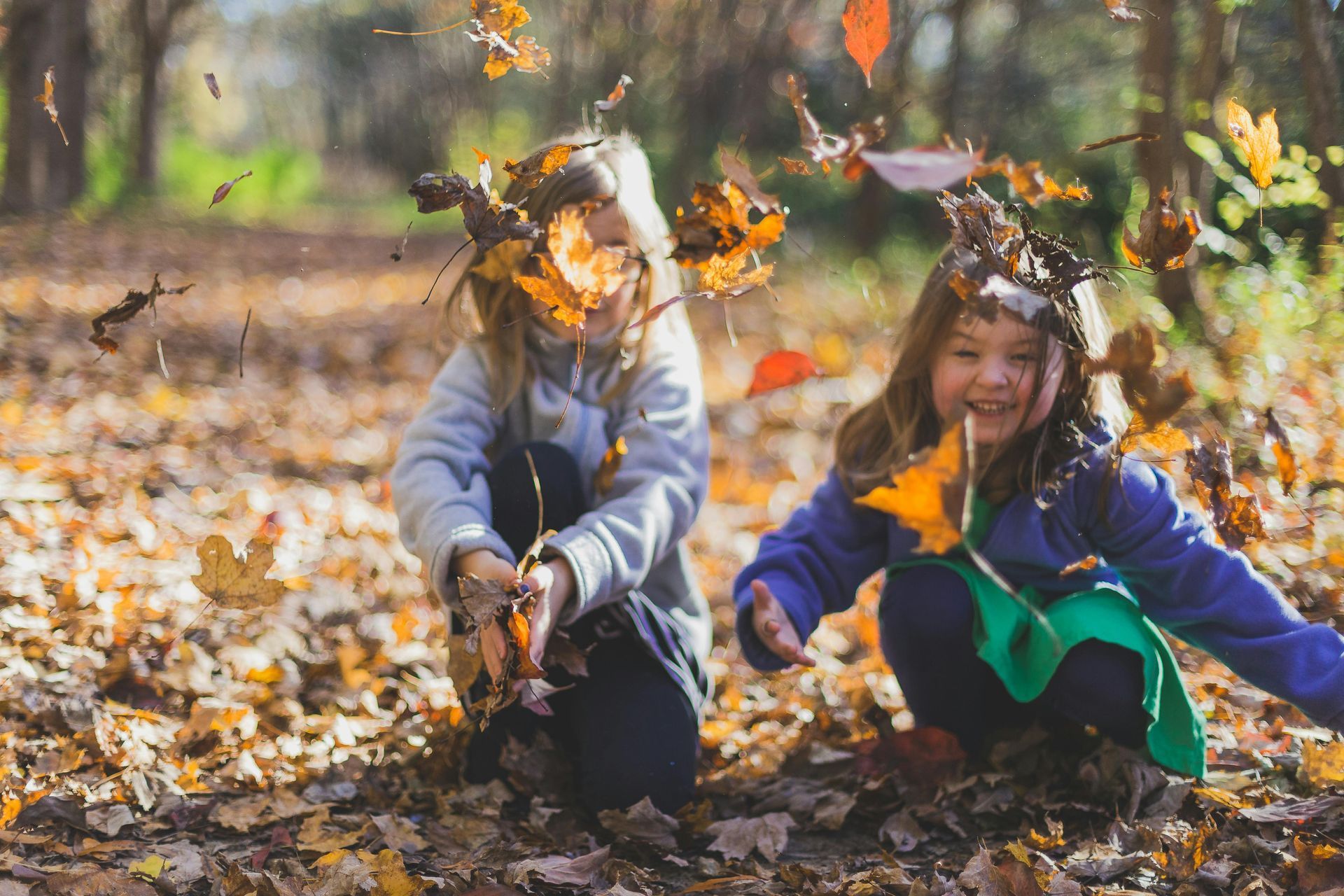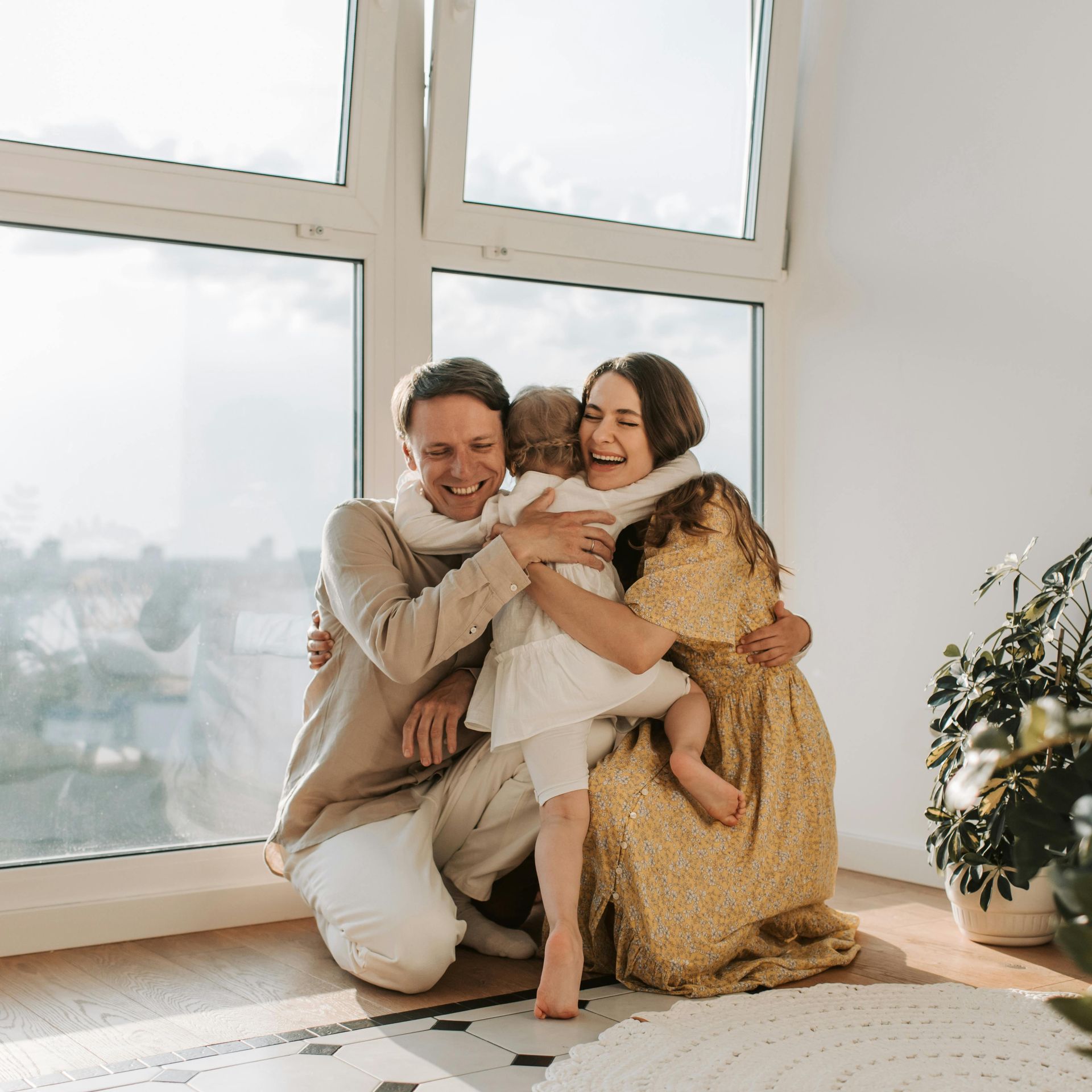Finding Calm Together: How Mindfulness and Meditation Benefit Children and Families
Helping Families Pause, Breathe, and Build Emotional Strength

In today’s fast-paced world, children and families are navigating more demands, distractions, and stressors than ever before. Mindfulness and meditation are practices that can gently anchor both children and adults, offering tools to slow down, notice the present moment, and build emotional resilience. As a parent and mental health professional, I’ve witnessed firsthand how these practices can transform the rhythm of family life.
Why Mindfulness Matters for Children
Mindfulness is the practice of bringing attention to the present moment with openness and curiosity. For children, this practice can support:
- Emotional Regulation: Children learn to recognize and respond to feelings like frustration, anxiety, or sadness with awareness rather than reactive behavior.
- Improved Focus and Attention: Regular mindfulness exercises can enhance concentration, making schoolwork and daily tasks more manageable.
- Stress Reduction: Even brief meditation sessions can calm the nervous system, helping children feel more secure and grounded.
- Enhanced Social Skills: Mindful children often develop greater empathy and patience, improving interactions with peers and siblings.
Benefits for Parents and Families
Meditation and mindfulness aren’t just for kids—they offer profound benefits for adults and the family unit as a whole:
- Reduced Parental Stress: Taking time to center yourself can improve patience and emotional availability with your children.
- Stronger Family Connections: Shared mindfulness practices, like guided breathing or short meditations, foster a sense of togetherness and safety.
- Better Communication: Mindful parents model attentive listening, helping children feel heard and valued.
- Greater Resilience: Families that practice mindfulness regularly often navigate challenges with more calm and adaptability.
Practical Ways to Integrate Mindfulness at Home
Incorporating mindfulness doesn’t need to be complicated. Some simple strategies include:
- Short Daily Meditations: Start with 2–5 minutes of breathing exercises or guided imagery.
- Mindful Movement: Encourage yoga, stretching, or gentle movement that invites attention to the body.
- Family Mindfulness Rituals: Try a “mindful snack” where everyone eats slowly and notices textures, tastes, and smells.
- Gratitude Practices: Reflect together on what each person is grateful for, creating space for positivity and connection.
A Personal Reflection
I’ve found that mindfulness not only supports children’s emotional growth but also reminds me, as a parent and professional, to pause and breathe. These shared moments of awareness cultivate patience, empathy, and joy—values that ripple outward into every corner of family life. Even a few minutes a day can make a meaningful difference, helping children and adults alike approach life with curiosity, calm, and confidence.
Mindfulness and meditation are more than practices—they’re invitations to be present with ourselves and each other. As families explore these tools together, they create a foundation of emotional strength, connection, and well-being that lasts a lifetime.
As both a therapist and reflective supervisor, I’ve seen how addressing behavioral challenges through therapy transforms not just a child’s school experience, but their entire sense of self. When we invest in understanding, connection, and skill-building, we give children the roots and wings they need to thrive.
— Charisse Dawkins, LCSW
